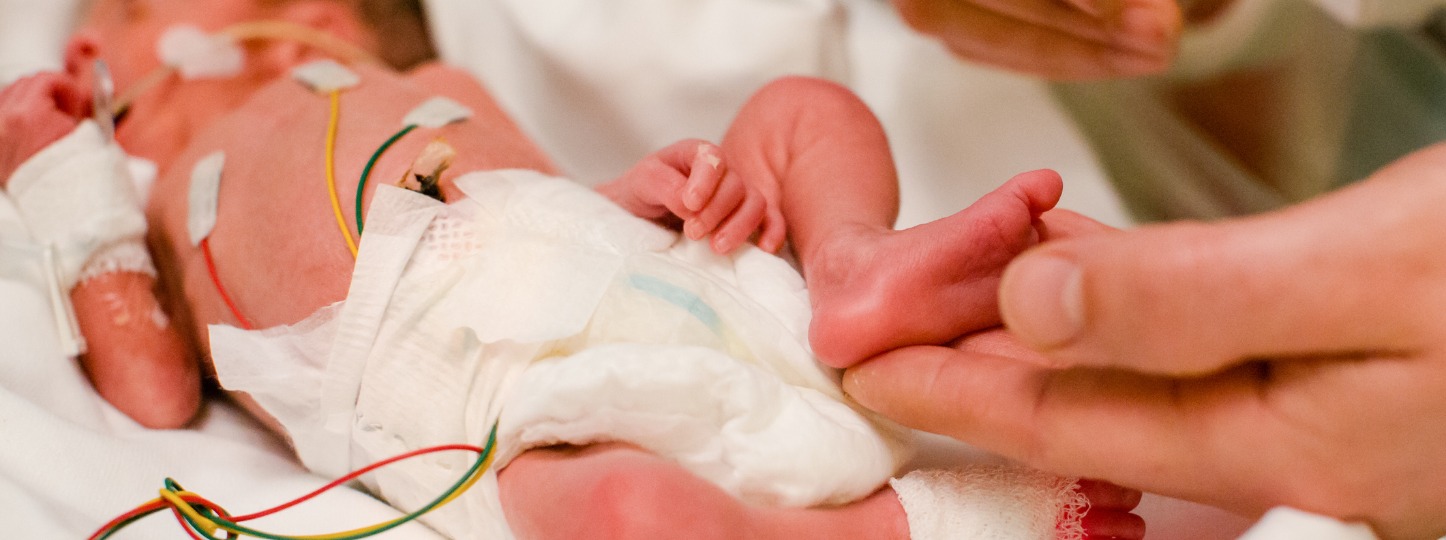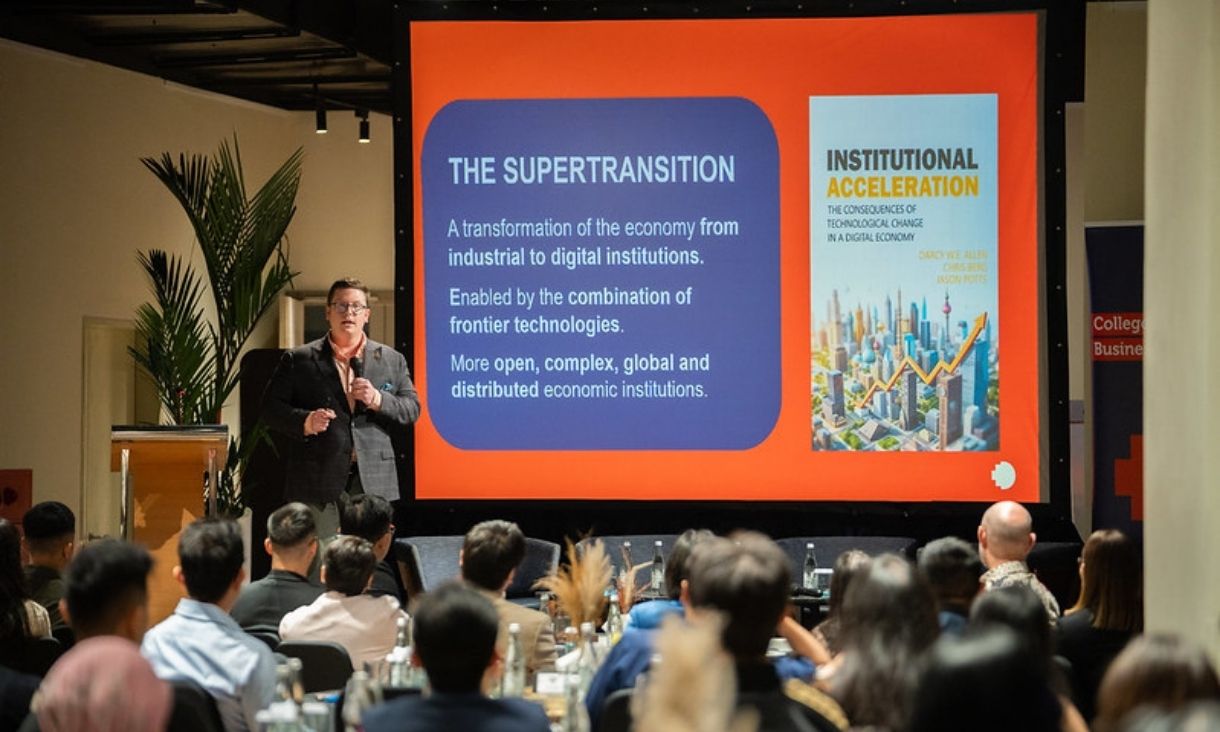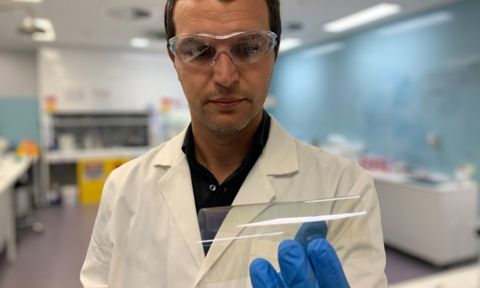The impact of peri-pregnancy diets
Professor Sarah Spencer and her team are looking at why diet before and during pregnancy matters.
A particular focus is the link between unhealthy diets and inflammation in the central nervous system, which can weaken brain function in both mother and baby.
Parents’ eating habits can have lasting implications, with a consistently high intake of carbohydrates and saturated fats prior to pregnancy being a known risk for preterm birth.
Conversely, a healthy ‘Mediterranean’ diet rich in antioxidants and omega-3 fatty acids can lower the likelihood of preterm birth and reverse pro-inflammatory effects.
A healthy diet can also impact positively on after-effects of birth experienced by some women, including gestational weight gain and postnatal depression.
“Too much saturated fat and sugar before and during pregnancy not only leads to weight gain; it can also change the dynamics of neurogenesis – the process by which new neurons are formed – in the mother’s brain,” Spencer said.
Early detection of preeclampsia
As well as nourishing a baby during pregnancy, the placenta plays a key role in the development of pregnancy complications such as preeclampsia, affecting some expectant mothers and causing preterm birth.
One significant challenge in the management of preeclampsia is identifying pregnancies that are destined to develop this damaging condition before its clinical symptoms manifest.
Professor Guiying Nie, an expert in reproductive biology, and her team study how the placenta is involved in the development of preeclampsia and how to harness this knowledge for early detection.
“In some pregnancies, when preeclampsia sets in, the only option is to deliver the baby prematurely to avoid life-threatening complications,” Nie said.
“Finding a way to detect preeclampsia early in pregnancy is very important for these women and their babies.”
Retuning immune cells to build a healthy brain
The efforts of Dr Bobbi Fleiss and her team to improve outcomes for babies are focused on studying a dynamic type of brain immune cell, microglia.
These cells have various roles as the builders, gardeners, and protectors of the brain.
A frequent cause of preterm birth is infection originating inside the uterus.
As a response to the infection, the baby’s microglia switch from their healthy role of building the brain to protector mode, but this often does more harm than good, causing brain injury.
Overactivated microglia also cause brain damage in disorders such as Alzheimer's, stroke, and traumatic injuries.
“Microglia are so powerful; understanding how they change during injury to the young brain, and how to switch them back to their healthy role of builder, opens up opportunities to improve brain health for many people, including babies born preterm,” Fleiss said.
Story: Hannah Tribe








